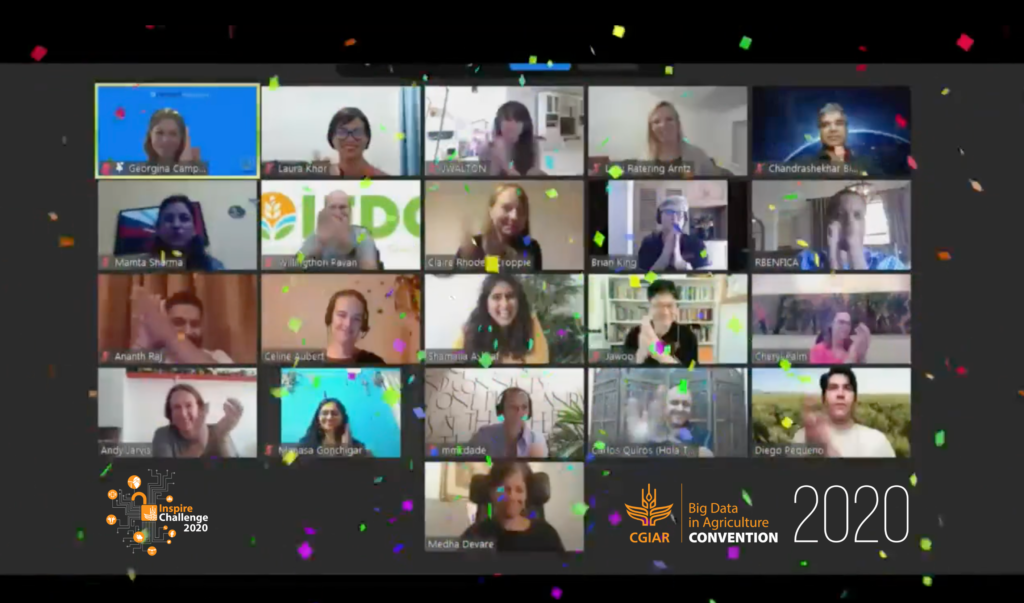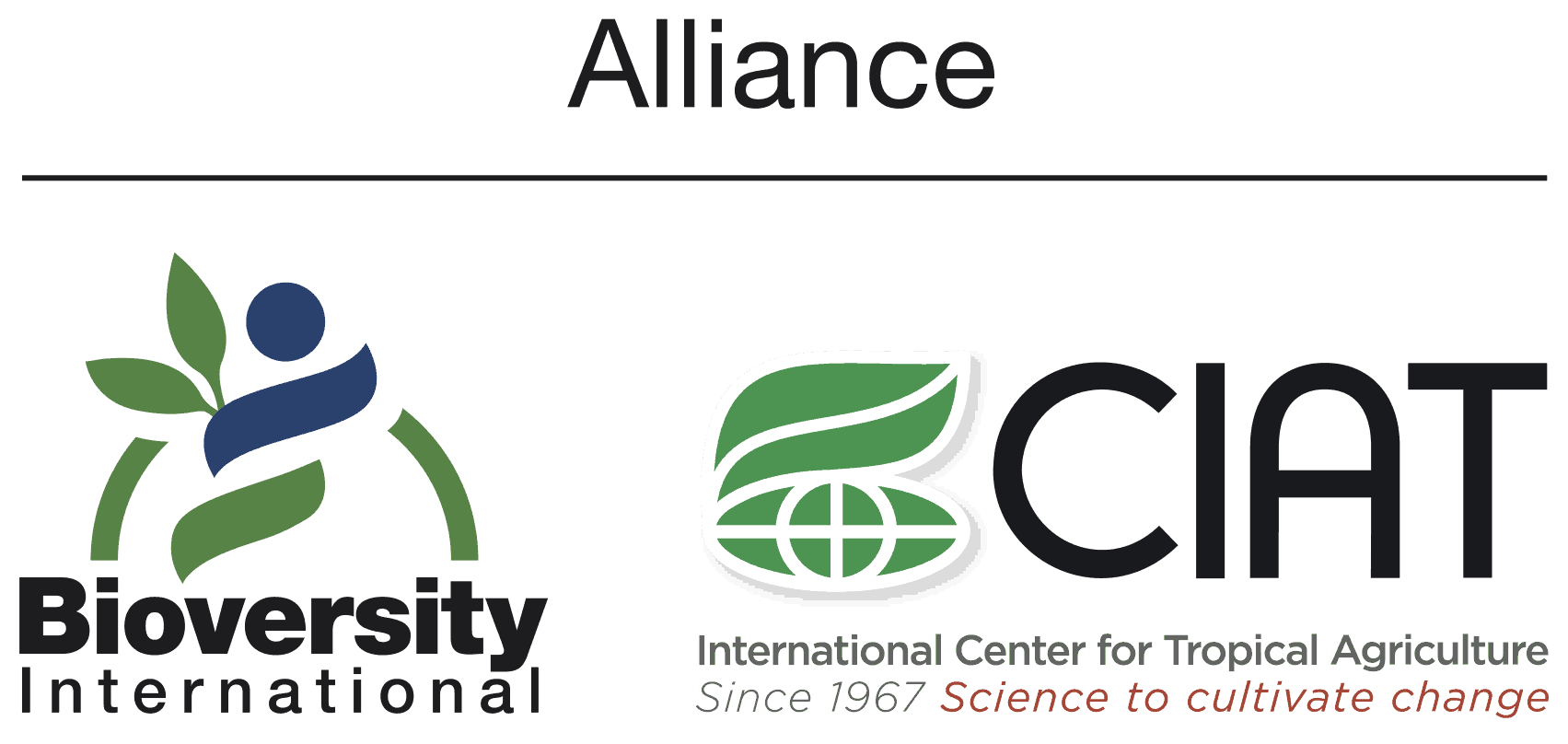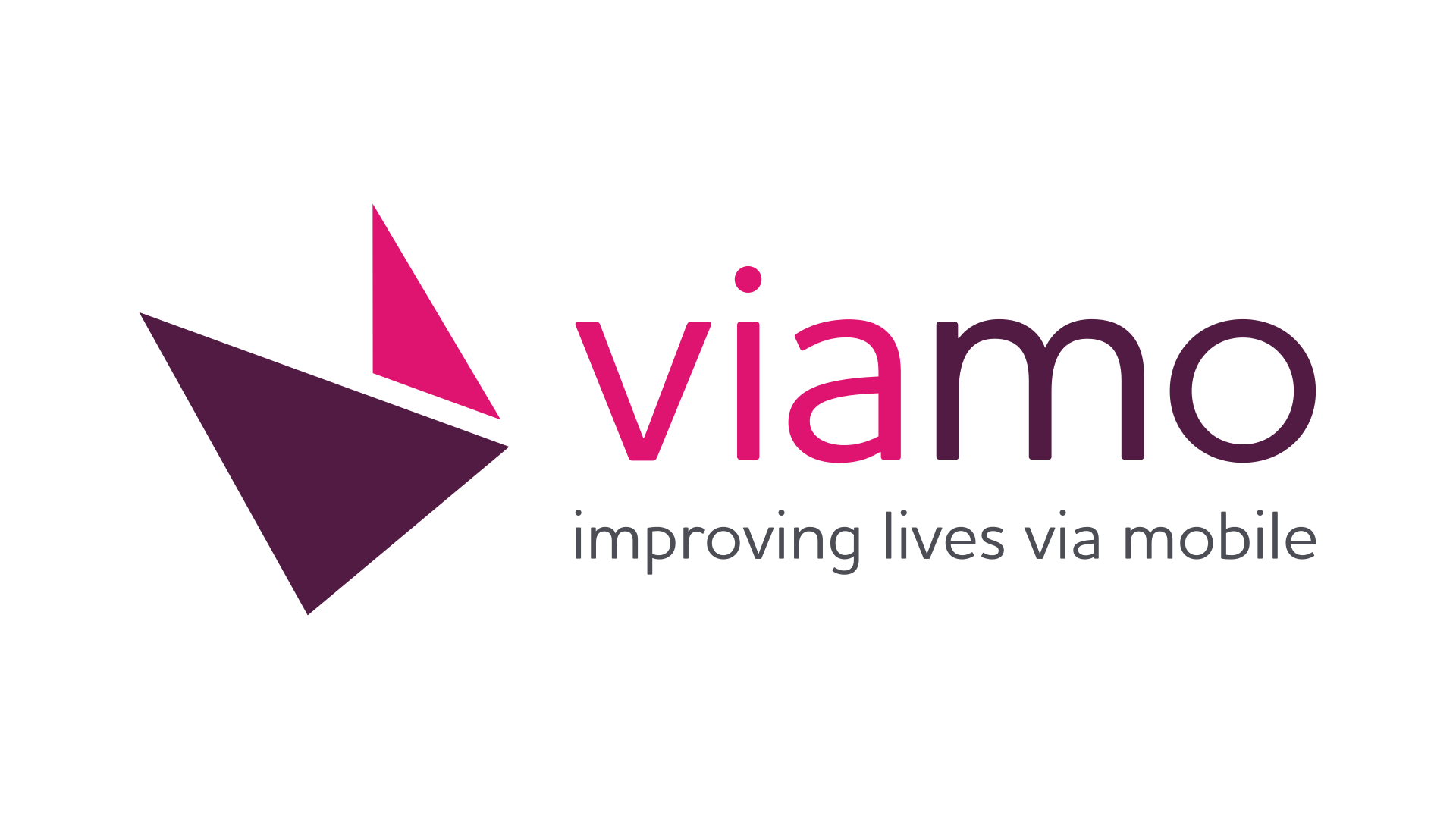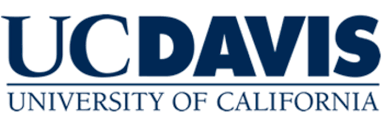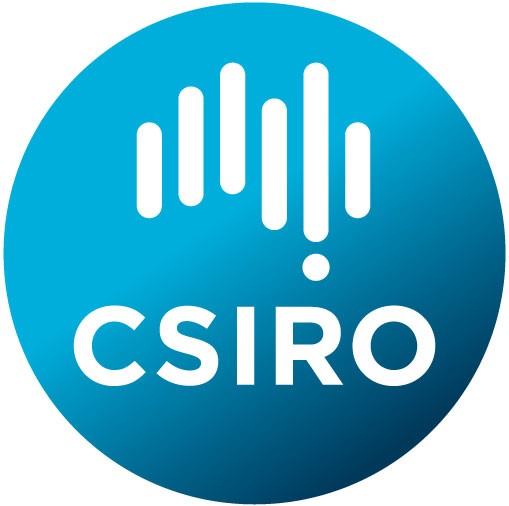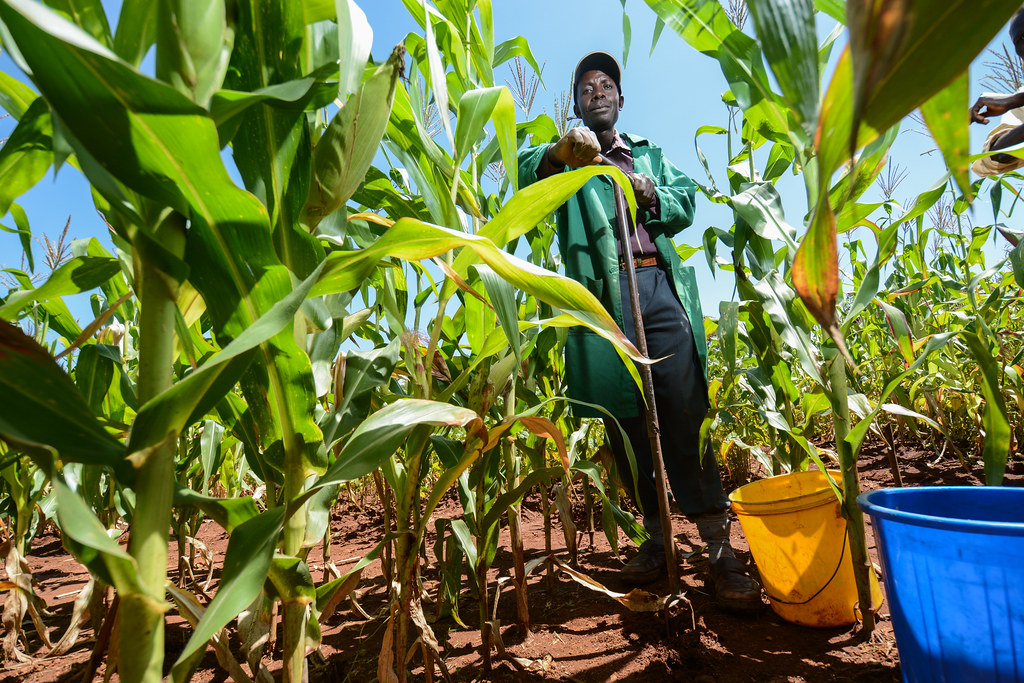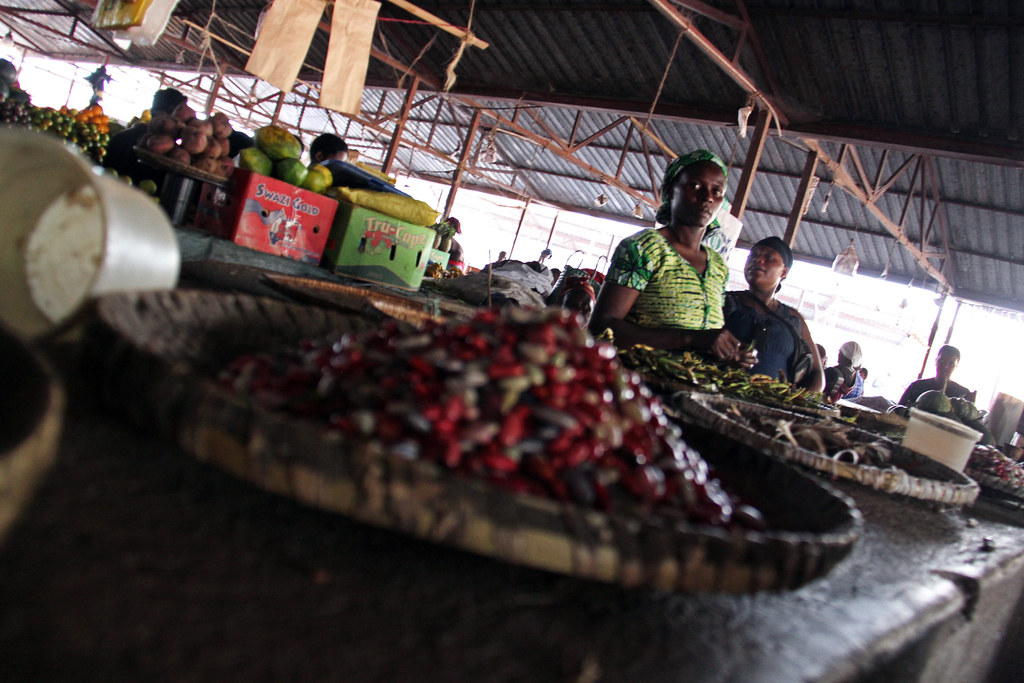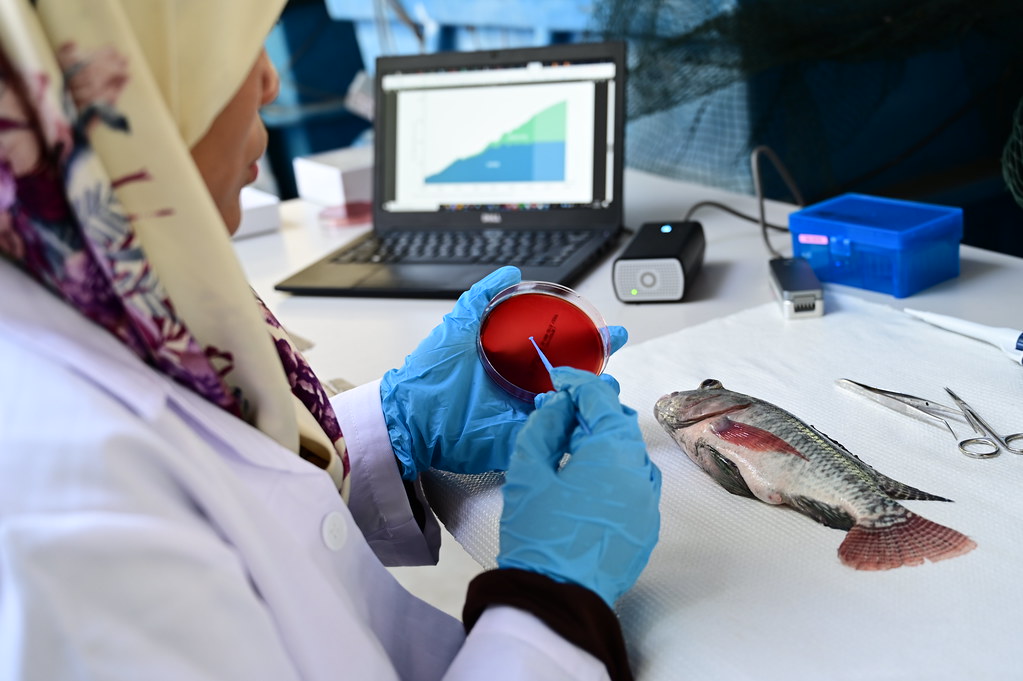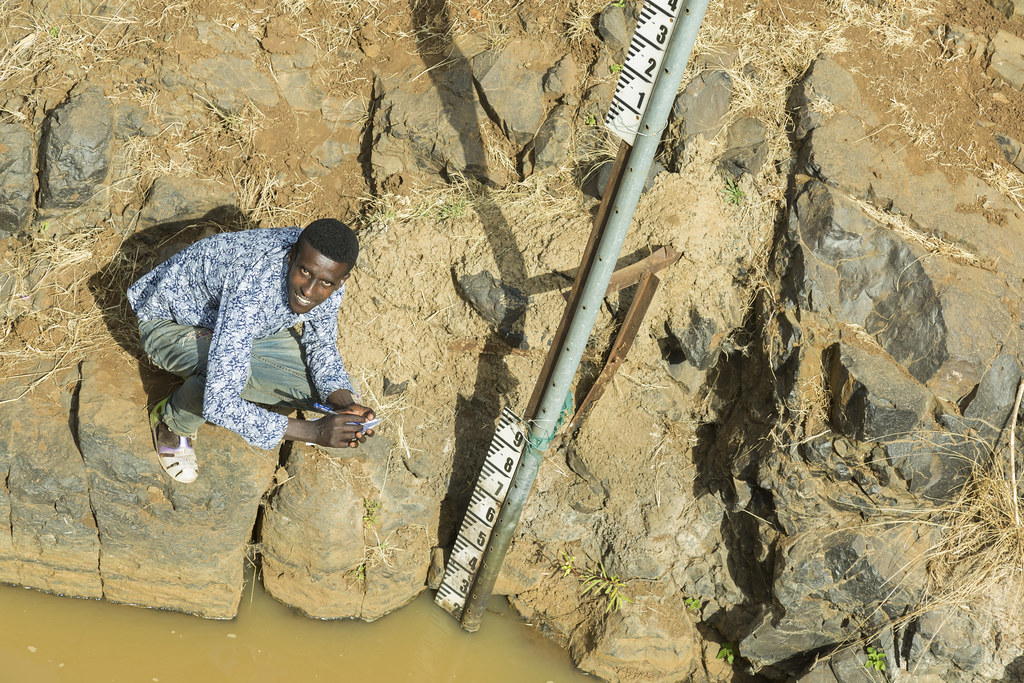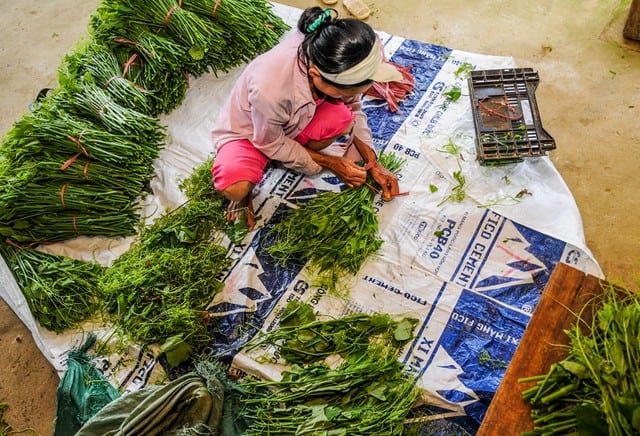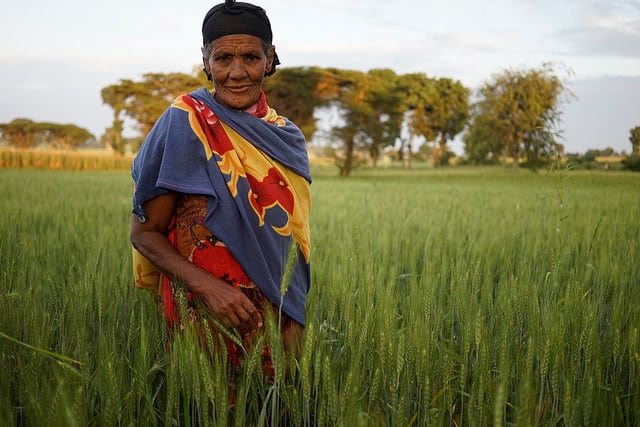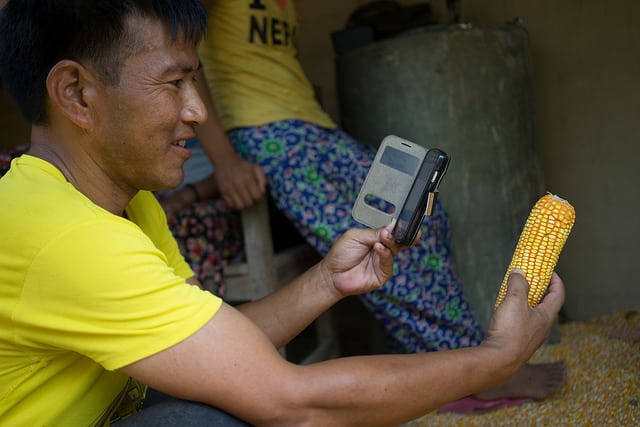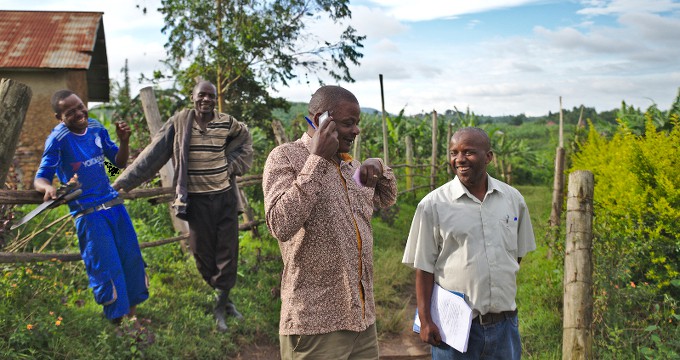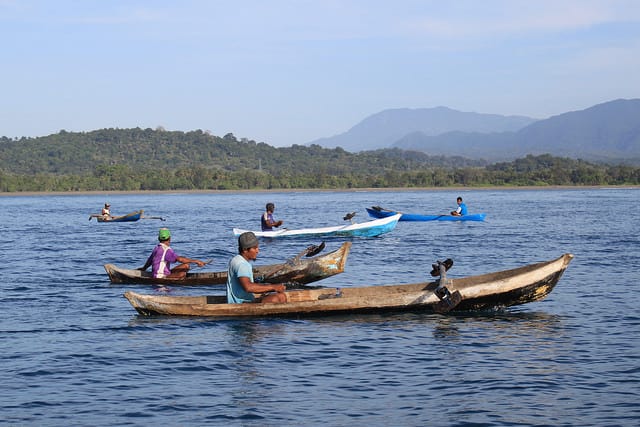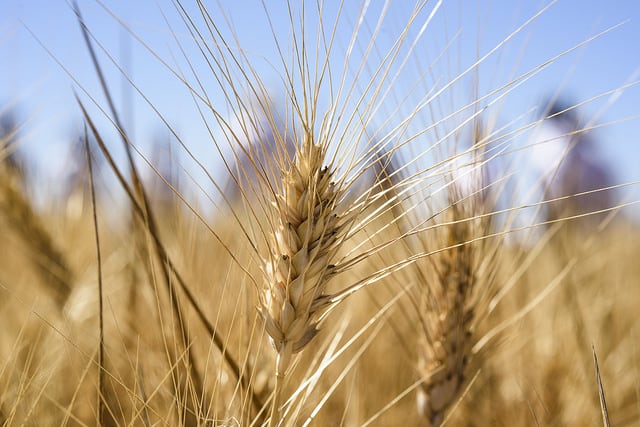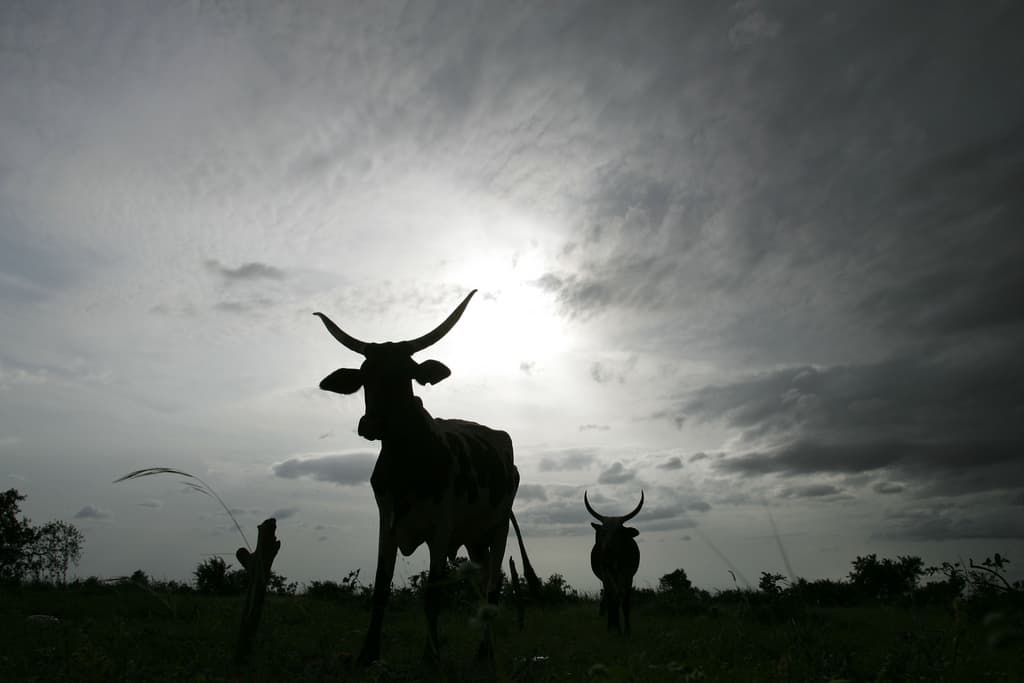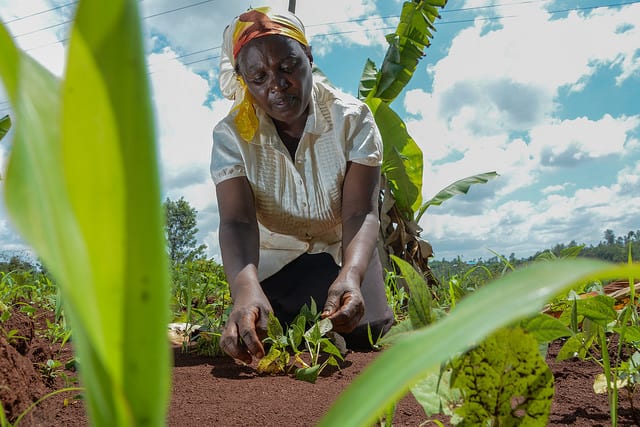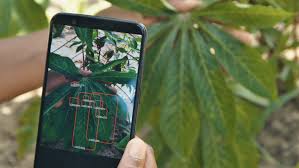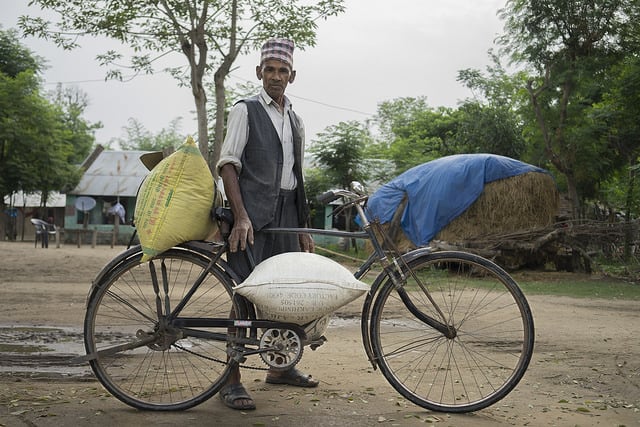2020 Winner
Citizen-H2D3
Rwanda
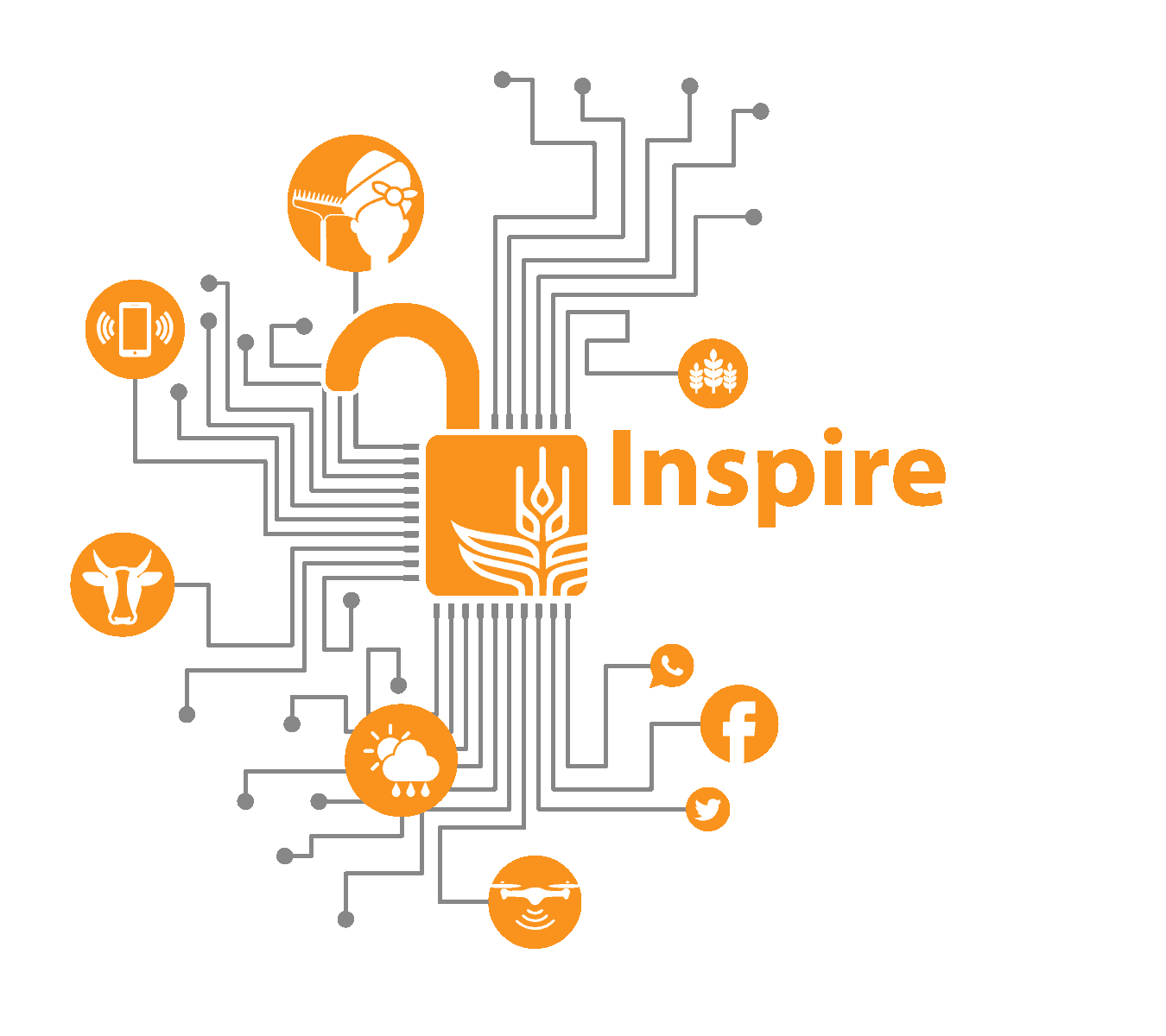
Citizen-H2D3 will provide an unprecedented capacity for individuals, next users, and end-users to track a series of metrics in near real-time. The multidisciplinary team will develop a system that will leverage principles of citizen science and easy-to-deploy ICT tools to provide near real-time intelligence on individual daily dietary diversity, as well as other nutritional and purchasing metrics.
More about the project
Globally, almost a billion people are undernourished while more than two billion are overweight. In Rwanda, like many lower-middle-income countries (LMICs), nutrition transitions are underway, brought into focus by the impacts of COVID-19.
There is a need for programmes and policies designed and targeted to address malnutrition in dynamic and increasingly unstable global food systems that consider both traditional as well as emerging diet patterns.
However, government agencies and non-governmental organizations struggle to do so as they are unable to access consistent, dynamic, and spatially disaggregated food consumption and purchasing data needed to develop informed, responsive, and actionable policies and interventions.
Metrics of national or regional malnourishment in LMICs mostly consist of annual estimates based upon small samples, that allow for limited spatial and temporal disaggregation and may not allow decision-makers to adequately understand, let alone address malnutrition.
Citizen-H2D3 is a novel and user-friendly tool to shift diet data collection pathways away from static researcher-led methods, towards dynamic citizen-led systems that can be integrated with other data sources in agriculture and health.
This Inspire Challenge proposal was selected as a 2020 pilot project winner, receiving a total of US$ 100,000 to put their ideas into practice. Learn more about the Inspire Challenge Grant here.
Step by step
2021
JAN - FEB 2021
Finalizing partnership contracts and financial plans
Working closely with its partners, the team finalized financial and administrative plans for the project.
MARCH 2021
Survey tool development
Working from an initial survey draft, the team collaborated with Gallup Poll, an analytics and advisory company, to refine the survey and integrate the international Diet Quality Index tool, customized for Rwandan settings.
The final dietary survey, which will be distributed via mobile phone to a sample representative of the Rwandan population, is composed of 29 yes-no questions.
APRIL 2021
Survey logistics
Working closely with Viamo, the team arranged for the dietary survey to be distributed across Rwanda via Viamo’s mobile engagement services and developed an incentive structure for respondents; participants will receive mobile phone service credits for their completion of the surveys.
MAY 2021
Dashboard creation
The team began creating the data visualisation and interaction dashboard. Citzen H2D3 dietary data will be visualized on a map of Rwanda with options to filter for sex-disaggregated, age, and economic information.
JULY 2021
Data collection begins
The Citizen H2D3 mobile phone-based dietary survey will be sent to thousands of individuals each week for a total of six months. The team aims for 1,500 weekly respondents.
DEC 2021
Summary manuscript and reports
At the end of the six month data collection period, the team will draft a manuscript about the project’s methodology, tools, and findings.
Additionally, the team aims to inform the Rwandan government of its dietary findings through a series of summary reports.
2020
OCT 2020
Project awarded US$100K Inspire Challenge grant
The project was one of seven winners of the Inspire Challenge 2020 and was awarded US$100K at the fourth annual convention of the CGIAR Platform Big Data in Agriculture, 19-23 October 2020.
Gender & Youth Inclusion
- The project is actively collecting demographic data that is disaggregated by sex, age, and economic information.
- The team aims for 50 per cent of survey respondents to be women and expects the sample to be representative of the Rwandan population in terms of ages.
- The team’s dashboard tool to help stakeholders access consistent, dynamic, and spatially disaggregated food consumption and purchasing data will make sex, age, and economic information visual and interactive.
Meet all the Winners

